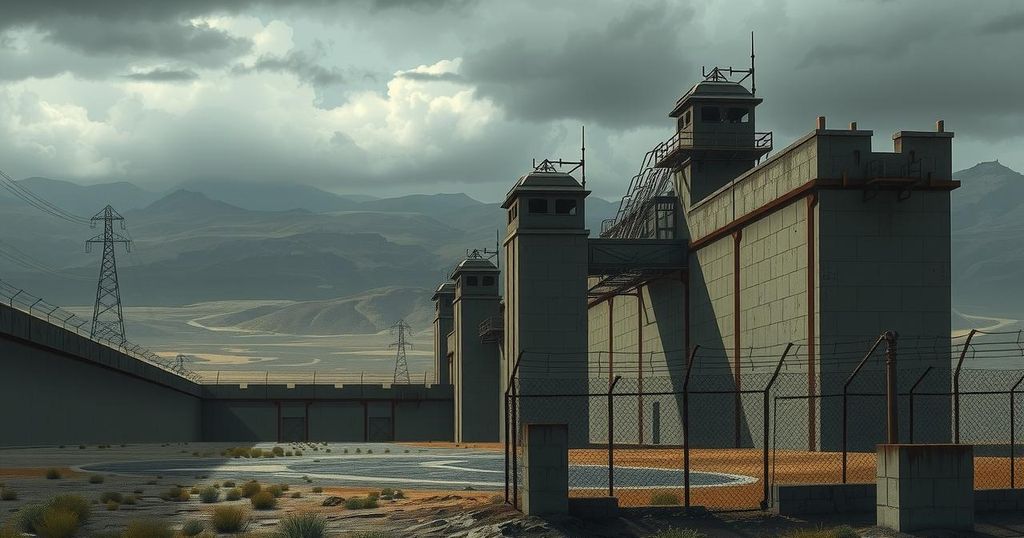Alleged Venezuelan Gang Members Deported to El Salvador: Families Speak Out

The Trump administration has deported over 200 alleged Venezuelan gang members to El Salvador, citing concerns about potential threats. Families are disputing these allegations, claiming their loved ones lack gang affiliations. Several cases highlight issues of wrongful detention and human rights concerns, prompting calls for scrutiny over deportation practices.
In recent months, the Trump administration has deported over 200 alleged Venezuelan gang members to El Salvador, where they are to be held in a notorious mega-prison notorious for human rights abuses. While officials from U.S. Immigration and Customs Enforcement (ICE) indicate that many detainees lack criminal records, they assert that this lack of information signals a potential risk these individuals may pose. Families of several deported men have publicly denied their gang affiliations and expressed grave concerns for the safety of their loved ones.
Among those deported is Maiker Espinoza Escalona, who was separated from his family after attempting to seek asylum in the U.S. Escalona’s family claims he has no criminal history and was accused of being part of Tren de Aragua based solely on his tattoos. His mother characterized the administration’s assertions as false, stating, “They are liars… That can’t be.”
Another individual, Jose Franco Caraballo Tiapa, is believed to have been deported after attending a routine ICE check-in. His wife, Ivannoa Sanchez, expressed her distress after he was detained despite their compliance with scheduled check-ins. She emphasized his lack of any criminal record, saying, “He has never done anything, not even a fine, absolutely nothing.”
Francisco Garcia Casique, also deported, previously entered the United States seeking a better future for his family. Following a routine appointment with ICE, he was subsequently detained and later recognized in a government-issued photograph shared on social media by the White House. His brother described the situation as a nightmare.
Kilmar Armando Abrego Garcia, a Salvadoran national, was sent to the same prison due to what officials termed an “administrative error.” Despite being granted protected legal status and having family in the U.S., the Trump administration has labeled him as a threat, an accusation his attorneys vehemently dispute.
Jerce Reyes Barrios, a former professional soccer player, was also deported after being accused of gang affiliation based on a tattoo that he claims pays homage to Real Madrid. His attorney noted that there is no evidence supporting the gang allegations, and Reyes Barrios had been actively involved in coaching youth soccer in his community. In response to questions regarding the evidence, border czar Tom Homan maintained that law enforcement methods were used to determine gang membership, stating, “This will be litigated.”
The deportation of alleged gang members to El Salvador has sparked significant backlash due to concerns about wrongful accusations and human rights violations. Affected families assert their loved ones are not affiliated with any gangs and express fear for their safety. Despite ICE’s claims of assessing potential risks, the lack of concrete evidence in many cases raises questions about the validity of these deportations. The overall situation highlights the urgent need for thorough scrutiny regarding immigration enforcement practices.
Original Source: abcnews.go.com







